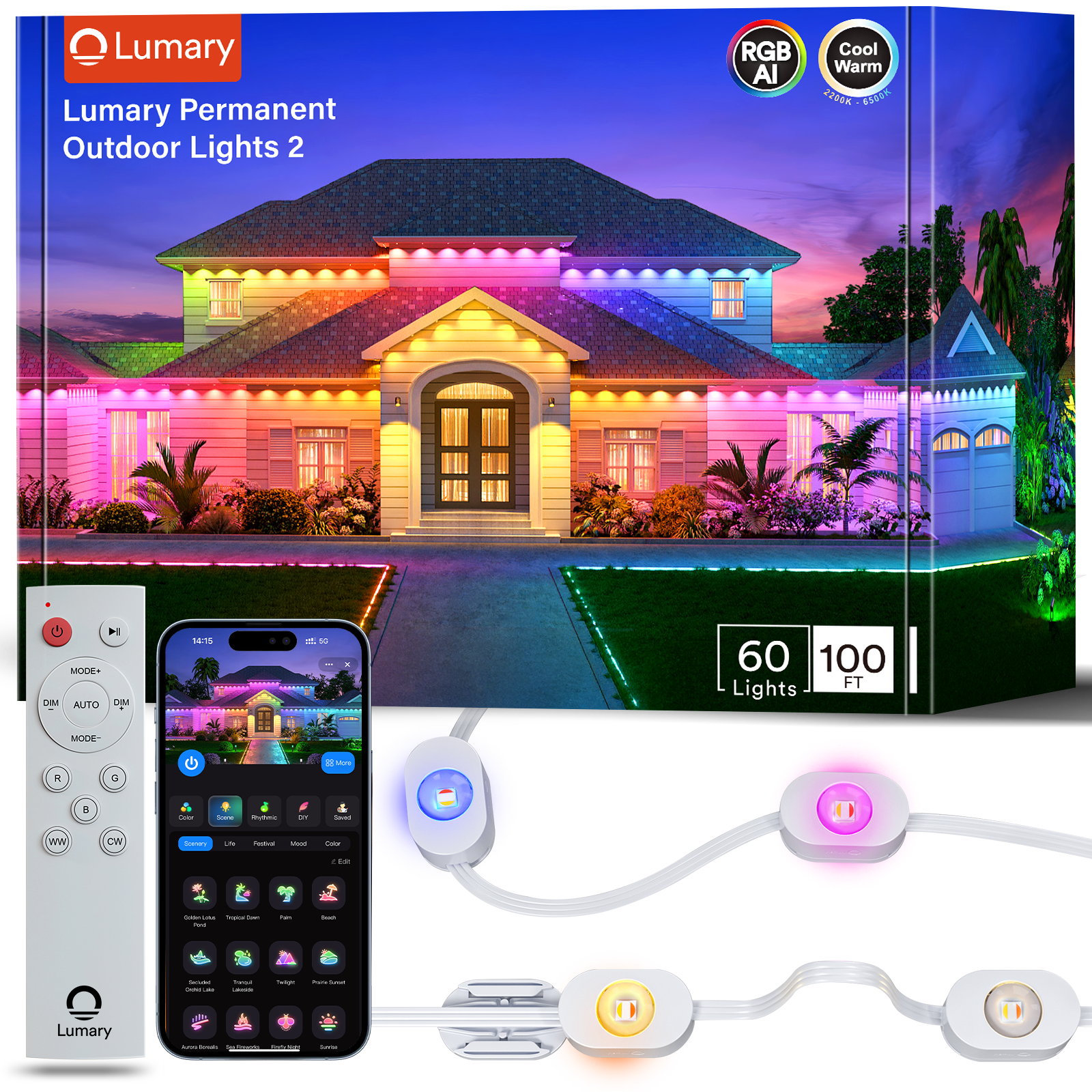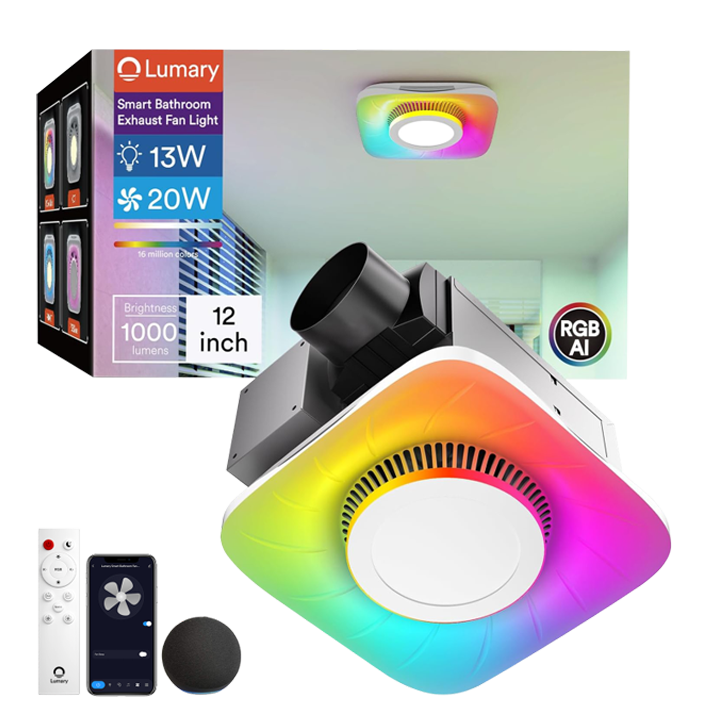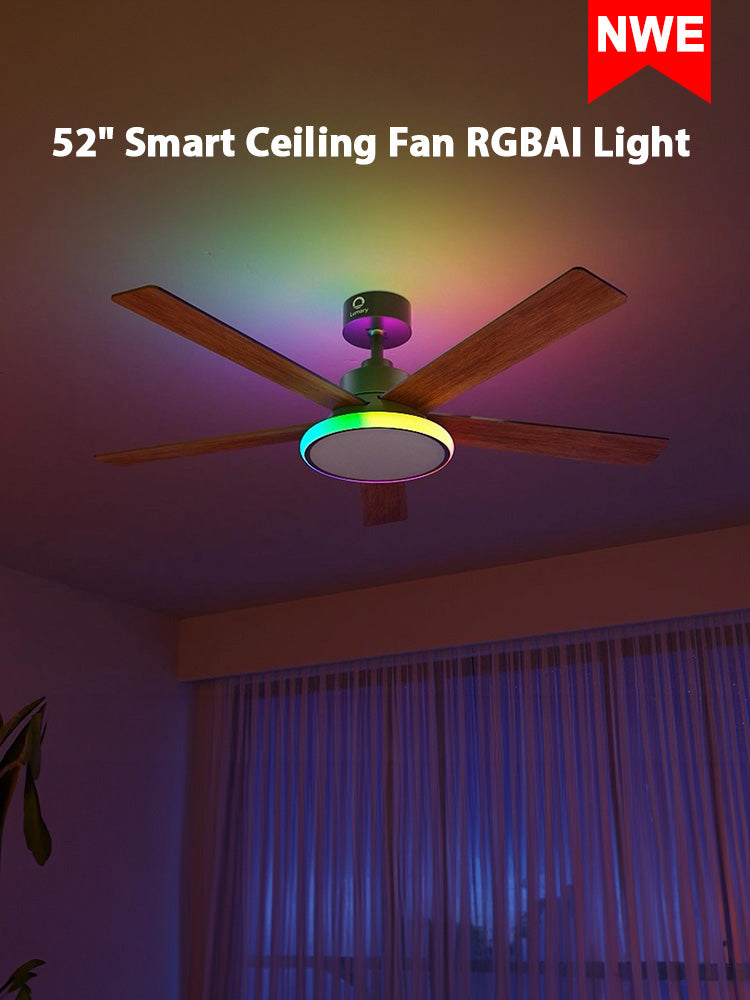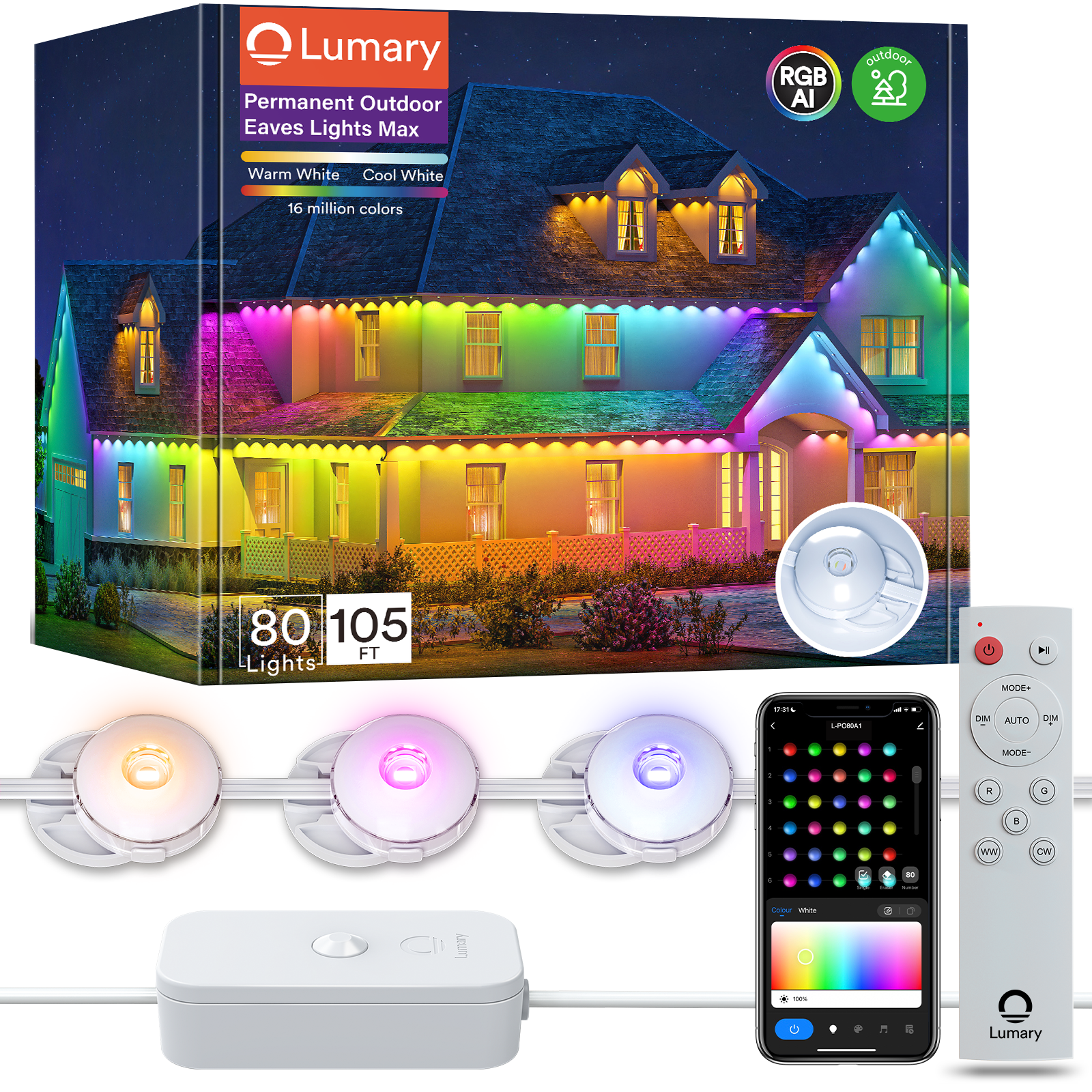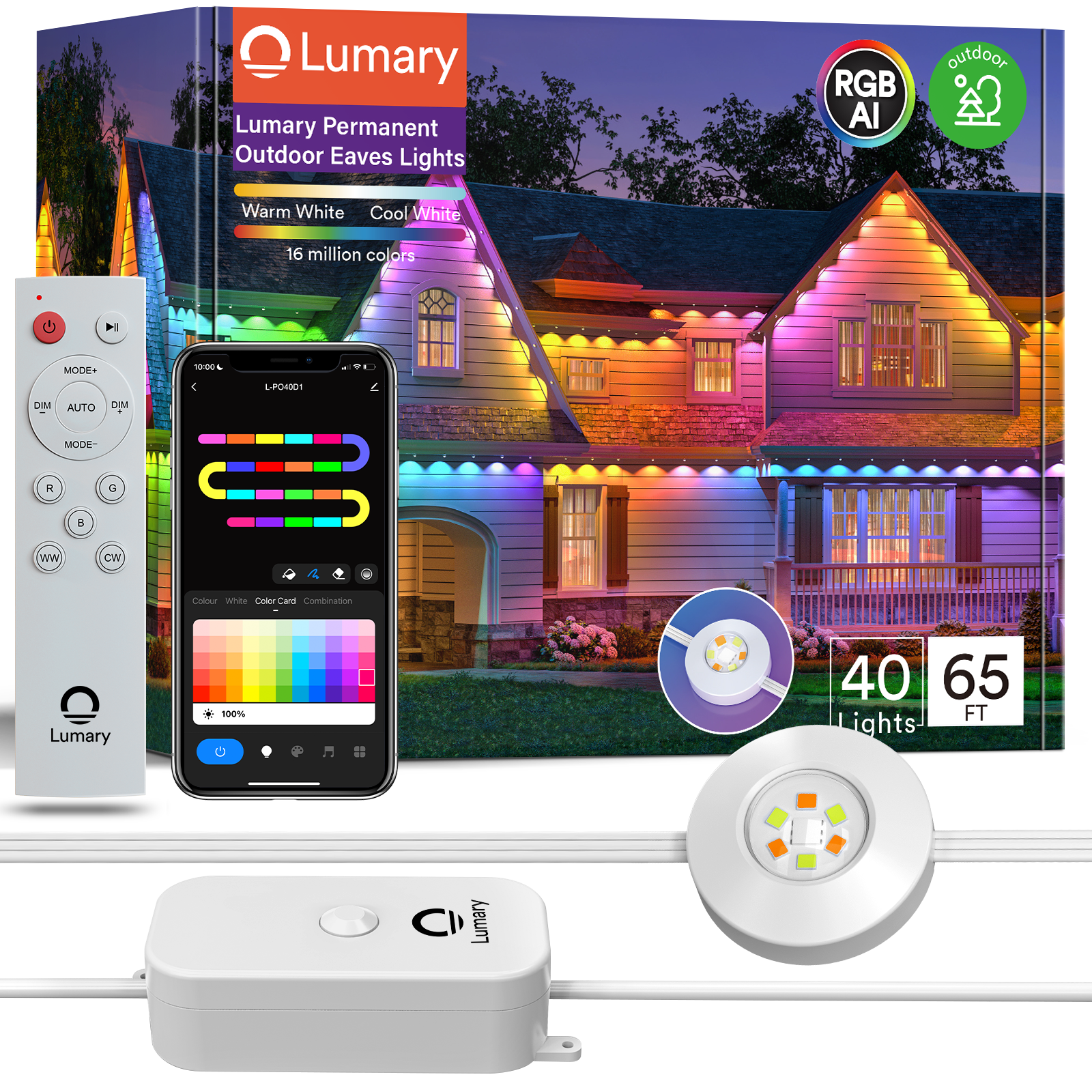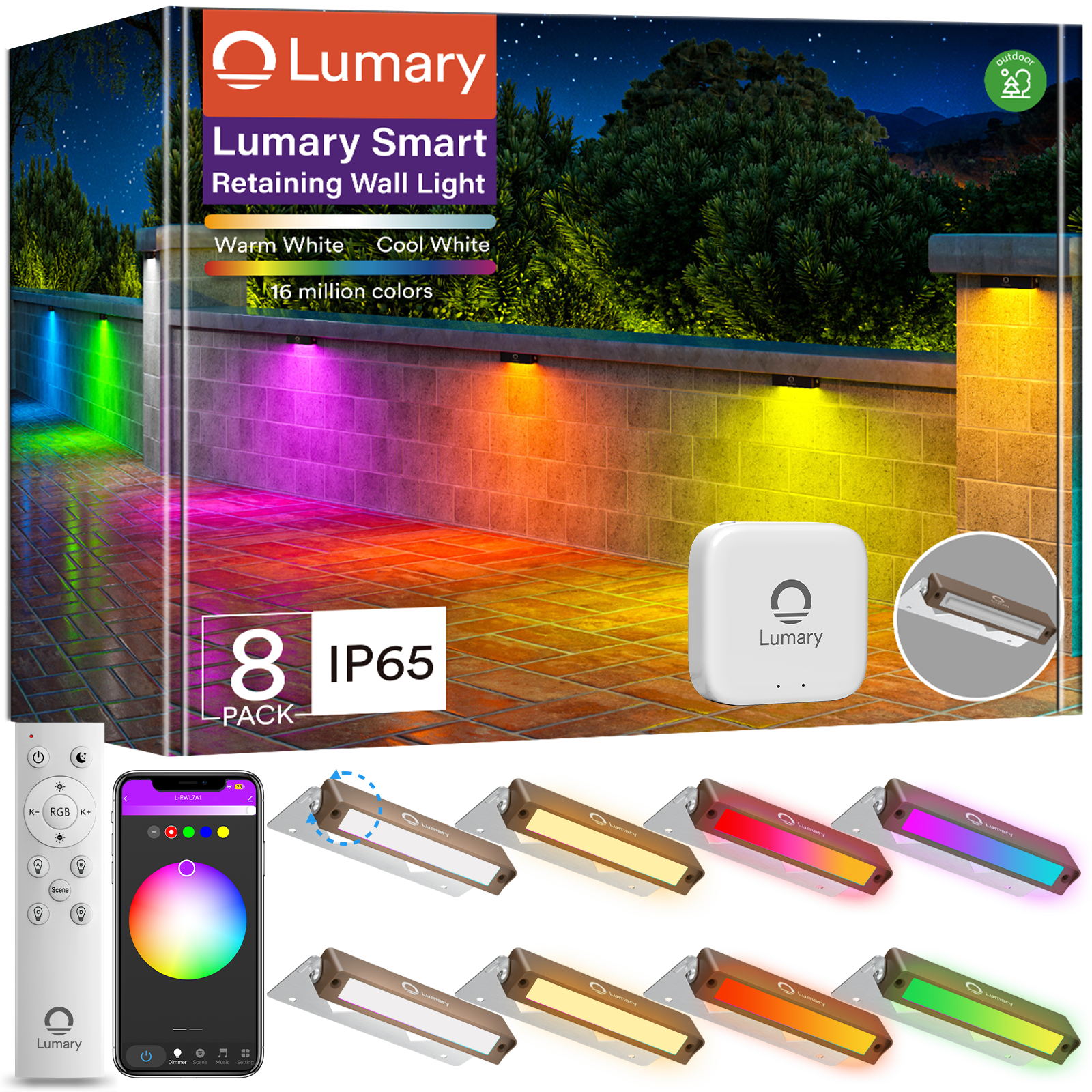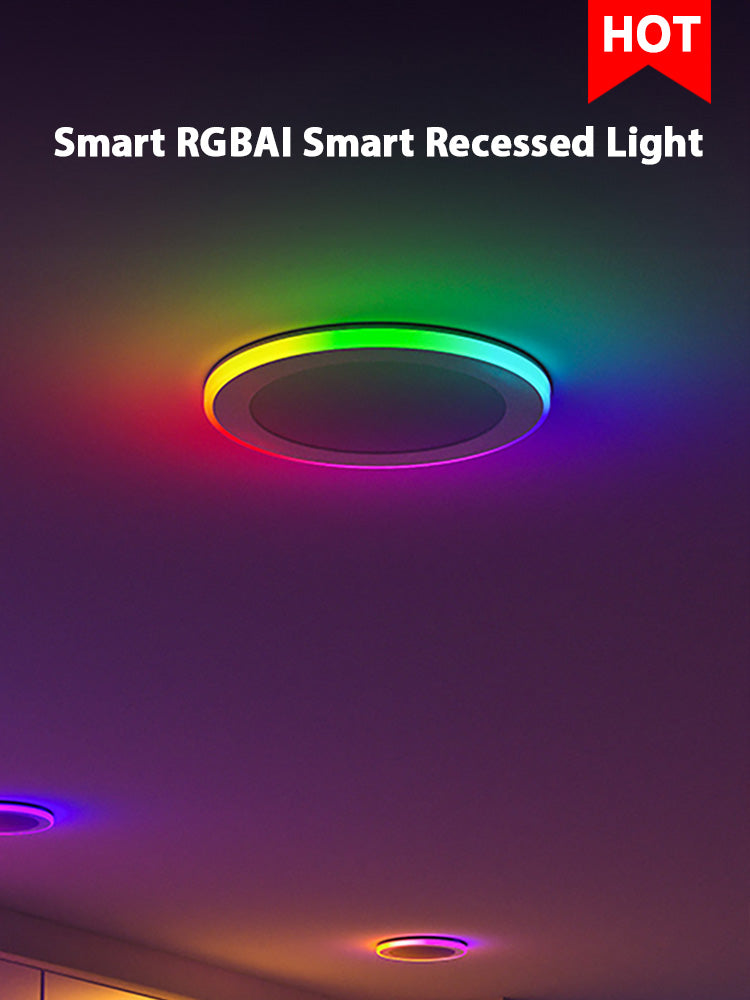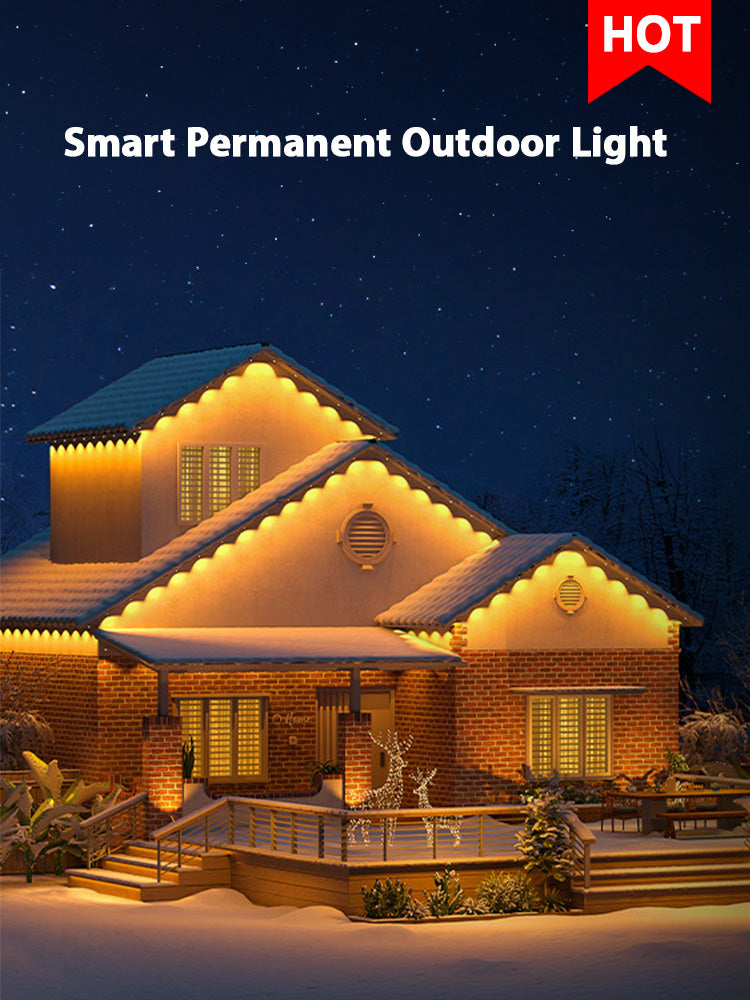Lighting can transform your outdoor spaces into stunning visual experiences. Spotlights play a crucial role in enhancing the aesthetics of your garden or patio. By making strategic lighting choices, you can highlight architectural features and natural elements, creating a captivating ambiance. Landscape spot lighting not only beautifies your surroundings but also boosts energy efficiency. With LED options, you enjoy long-lasting illumination and significant savings. Imagine cutting maintenance costs while preserving the environment. Embrace the power of lighting to redefine your outdoor areas.
Understanding the Basics of Outdoor Lighting

Key Principles
Layering Techniques
Creating a stunning outdoor space starts with understanding layering techniques. You can think of it like painting with light. By combining different types of lighting, you create depth and interest. Use spotlights to highlight focal points, like statues or trees. Add ambient lighting for a soft glow across larger areas. Accent lights can draw attention to specific features. This layered approach transforms your garden into a visual masterpiece.
Importance of Lumens
Lumens measure the brightness of a light. Choosing the right lumens is crucial for achieving the desired effect. For pathways, you might need around 100-200 lumens. Highlighting a tree or architectural feature might require more. Always consider the purpose of the light. More lumens mean brighter light, but too much can overwhelm the space. Balance is key.
Types of Outdoor Lights
Spotlights vs. Floodlights
Spotlights and floodlights serve different purposes. Spotlights focus on a narrow area, perfect for highlighting specific features. They create dramatic effects by casting shadows and emphasizing textures. Floodlights, on the other hand, cover a wider area. They’re ideal for security or illuminating large spaces. Choose based on what you want to achieve in your outdoor space.
LED vs. Halogen
When it comes to choosing between LED and halogen, LEDs offer several advantages. They are energy-efficient and long-lasting. Exterior LED Lighting Fixtures use only 78 watts per fixture, providing both efficiency and aesthetic appeal. Halogens, while bright, consume more energy and have a shorter lifespan. LEDs also come in various colors and temperatures, allowing for more customization. For a modern and eco-friendly choice, LEDs are the way to go.
Strategic Placement of Spotlights

Highlighting Architectural Features
Facades and Entrances
Spotlights can make your home's facade stand out. Position them at the base of walls to create dramatic uplighting effects. This technique highlights textures and adds depth. For entrances, use spotlights to guide guests with a welcoming glow. Illuminate doorways to enhance security and create an inviting atmosphere.
Pathways and Driveways
Lighting pathways and driveways ensures safety and adds charm. Place spotlights along the edges to define the path clearly. This not only prevents accidents but also creates a beautiful visual line. Use softer lights for a subtle effect or brighter ones for a more pronounced look. Your guests will appreciate the thoughtful design.
Enhancing Natural Elements
Trees and Shrubs
Trees and shrubs become focal points with the right lighting. Aim spotlights upward to accentuate the height and shape of trees. This technique creates stunning silhouettes against the night sky. For shrubs, use softer lights to highlight their form and color. You’ll transform your garden into a magical space.
Water Features
Water features like fountains or ponds gain elegance with spotlights. Position lights to reflect off the water, creating shimmering effects. This adds movement and life to your outdoor space. Experiment with different angles to find the most captivating reflections. Your water features will become mesmerizing attractions.
Technical Considerations
Choosing the Right Spotlights
Beam Angles
When selecting spotlights, consider the beam angle. This determines how wide or narrow the light spreads. A narrow beam angle focuses light on specific features, like statues or small trees. It creates dramatic effects and highlights details. A wider beam angle covers larger areas, perfect for illuminating gardens or patios. Think about what you want to highlight and choose the beam angle that suits your needs.
Color Temperature
Color temperature affects the mood of your outdoor space. Measured in Kelvin (K), it ranges from warm to cool. Warm light (around 2200K-3000K) creates a cozy and inviting atmosphere. It's great for relaxing spaces like patios or decks. Cool light (above 5000K) offers a crisp and modern look, ideal for security or highlighting architectural features. Decide on the ambiance you want and pick the right color temperature.
Installation Tips
Safety Precautions
Safety should be your top priority during installation. Always turn off the power before working with electrical components. Use waterproof connectors to protect against moisture. Ensure all fixtures are securely mounted to prevent accidents. If you're unsure about any step, consult a professional. Taking these precautions keeps you safe and ensures your lighting system functions properly.
Maintenance and Upkeep
Regular maintenance keeps your spotlights shining bright. Clean the fixtures periodically to remove dirt and debris. Check for any loose connections or damaged parts. Replace bulbs as needed to maintain consistent lighting. Consider setting up a maintenance schedule to keep everything in top shape. With proper care, your outdoor lighting will continue to enhance your space for years to come.
Landscape Spot Lighting
Landscape spot lighting can transform your outdoor space into a captivating scene. You can use it to highlight specific areas and create a unique atmosphere. Let's explore how you can effectively use landscape spot lighting to enhance your garden or yard.
Effective Use of Landscape Spot Lighting
Creating Focal Points
Creating focal points with landscape spot lighting draws attention to the most beautiful parts of your garden. You might have a stunning tree, a charming statue, or a vibrant flower bed. By directing spotlights at these features, you make them stand out. This technique not only highlights their beauty but also adds depth to your outdoor space. Imagine walking through your garden at night, with each step revealing a new, illuminated masterpiece. You can achieve this by carefully selecting which elements to spotlight.
Balancing Light and Shadow
Balancing light and shadow is crucial for creating a harmonious outdoor environment. Too much light can wash out the details, while too little can leave areas in darkness. You want to find the right balance. Use spotlights to cast gentle shadows that add texture and dimension. For example, placing a light behind a tree can create a dramatic silhouette. This interplay of light and shadow brings your garden to life, making it feel dynamic and inviting. Experiment with different angles and distances to achieve the perfect balance.
Spotlights offer incredible benefits for outdoor design. They highlight architectural features and natural elements, creating a captivating ambiance. By exploring various lighting techniques, you can transform your space into a stunning visual experience. Experiment with different placements and styles to find what works best for you. Remember, the right lighting not only beautifies your surroundings but also enhances safety and energy efficiency. Embrace the power of spotlights to achieve breathtaking outdoor transformations. Your garden or patio will become a magical retreat, perfect for any occasion.

